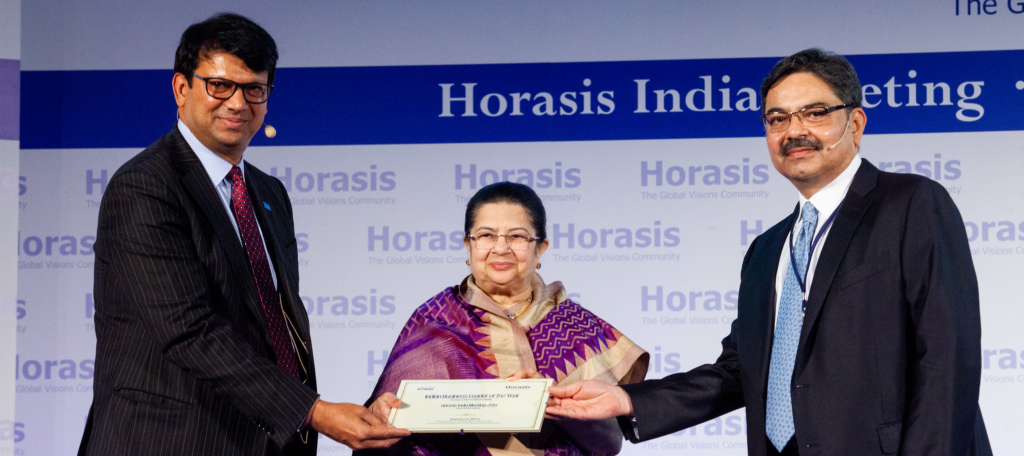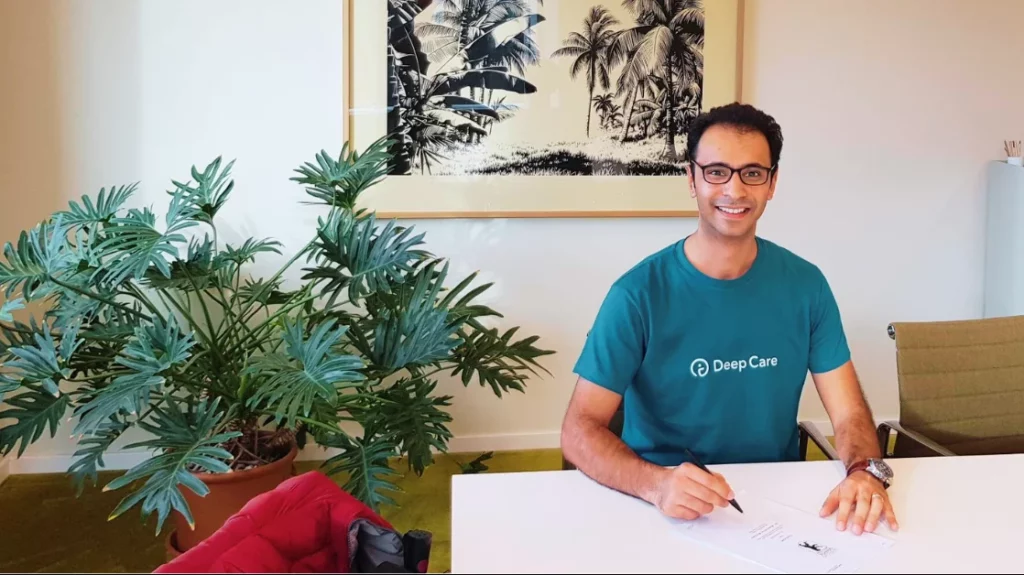While celebrity deaths have dominated headlines this year, startup companies across India have also experienced difficulty.
According to data analytics firm Tracxn, 200 startups were shut down in India in 2016, a number that is 50 percent higher than seen in the previous year.
Reports in The Times of India announced that PepperTap — an ecommerce platform for groceries — was the biggest casualty of the last 12 months.
PepperTap founder Navneet Mishra closed the business in April after just two years of operations. This is despite the fact that it had raised more than $51m from a string of large investors such as Sequoia Capital, Saif Partners and Snapdeal.
Mohan Kumar, executive director of Norwest Venture Partners India told the paper that the downturn was part of a natural progression in an overcrowded startup ecosystem such as India’s.
“This is a natural progression,” Kumar said. “When you look at the ecosystem, not more than 20% of the startups succeed. Two to three years after a startup’s inception is a time when you see high mortality [rates]. There is too much competition, and only a few survive.”
Two years ago in 2014, India enjoyed a stellar year for startups when some 1,259 companies were founded. By Kumar’s reckoning, the upcoming years will see increasing numbers of startups shutting up shop.
According to CB Insights, startups typically die some 20 months after setting up, and after raising $1.3m. Many continue to limp on in “a zombie like fashion”.
While zombie companies make it difficult to ascertain how many startups have actually died, or have succeeded, survivorship bias is another habit that prevents business leaders and aspiring entrepreneurs from having any clear data on survival rates.
Read more
The Lightning Pitch: Helpr, the startup making sure sitters never flake on you again
Recently launches analog social network and connects online followers with physical magazines
UN trade and development body works to collect data on digital services










